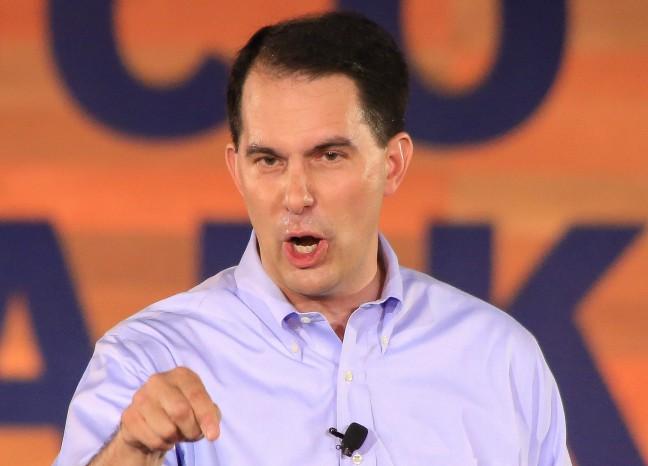Anger is a funny thing. It consistently toes the line between fueling passionate movements and inciting unproductive and obnoxious debate. Anger was the fuel behind the Civil Rights Movement, the Women’s Marches and the March for Our Lives, fuel motivated by an intense desire for equality and fair treatment. Anger is also unfortunately behind the oppositions to all such movements.
Anger has the power to build an influential socio-political movement from scratch and fuel an intense and equally vigorous opposition to that movement’s messages simultaneously. Anger is what attracted more than one million demonstrators into the streets to shed light on the mistreatment of women spurred on by our current administration. Anger is also what fuels television anchors on Fox News to ignorantly condemn the movement entirely and question its validity in the first place.
For all its faults, however, anger is an unparalleled source of action. Feeling that burning sensation inside rarely manifests in a passive attitude. It’s nearly impossible to completely ignore a feeling of unbridled anger. Even in commonplace interactions, if those closest to you feel angry, they’re going to let you know in some capacity. As such, anger is a perfectly valid form of expression and one that, at a base level, fosters action — something intrinsic to political activism.
Voices of change: UW political organizers seek to push protest tradition forward
Wisconsin Gov. Scott Walker, however, has not addressed anger from his opponents as input into how his administration can improve. Instead, Walker labels angry individuals as harmful to our democracy, thinking for some reason this is a productive use of his voice as state leader. In a recent segment of “Fox and Friends,” Walker had this to say about Democratic anger: “Their rhetoric is increasingly not just liberal, but filled with hatred and anger towards me, towards the president, towards Republicans in general.”
Walker shockingly wasn’t finished there, citing cases in which his integrity as governor was called to question. In a January issue of the Hudson-Star Observer, Democratic gubernatorial candidate Tony Evers referred to Walker as an “idiot” after Walker rejected federal Medicaid matching funds.
To top it all off, Walker mentioned a radio interview in which fellow gubernatorial candidate Matt Flynn had a scathing review of Walker’s fitness for the governorship, saying he’s “too stupid to be governor.”
Walker’s outright criticism of Democratic anger is effectively framed as a defense of conservatism. I’m sure he’s not a fan of being called an “idiot,” but if his immediate strategy in addressing this criticism is to publicly tear apart an entire party, he’s doing himself and the public no favors.
In any political role, criticism is inherent to the job — and Walker should know this. Sitting in front of a camera on a heavily-followed conservative news program to essentially say “my feelings are hurt” is not the role of a political leader. I’d go so far as to say this hyper-defensive response is Trumpian. While the words used by Democratic criticizers aren’t particularly productive, Walker’s response is less so.
Here’s why.
Walker’s comment on “Fox and Friends” criticizes not just an angry Democratic response, but decries anger as a form of expression at all. Walker has every right to disagree with liberal perspectives, that’s a primary role of conservative politicians — it’s why we have parties in the first place. But Walker has no right to delegitimize the expression of anger in any capacity.
By publicly fostering a political environment where anger is not to be tolerated is to encourage an environment where stagnation and submissiveness reign high. A silencing of the loud, the proud and the passionate does nothing but reinforce a system where criticism is met with rampant defense rather than concerted administrative improvement.
Defense is as natural to humans as anger. But like anger, both can be controlled. Should Evers and Flynn have insulted Walker so childishly? Most likely not. But should Walker have abused his platform to deepen divides between parties? Absolutely not.
Perhaps if Walker took such criticism as fuel for improvement, he wouldn’t feel the need to call to question an entire party’s voice in the first place.
Lucas Johnson ([email protected]) is a sophomore majoring in journalism and strategic communications.














